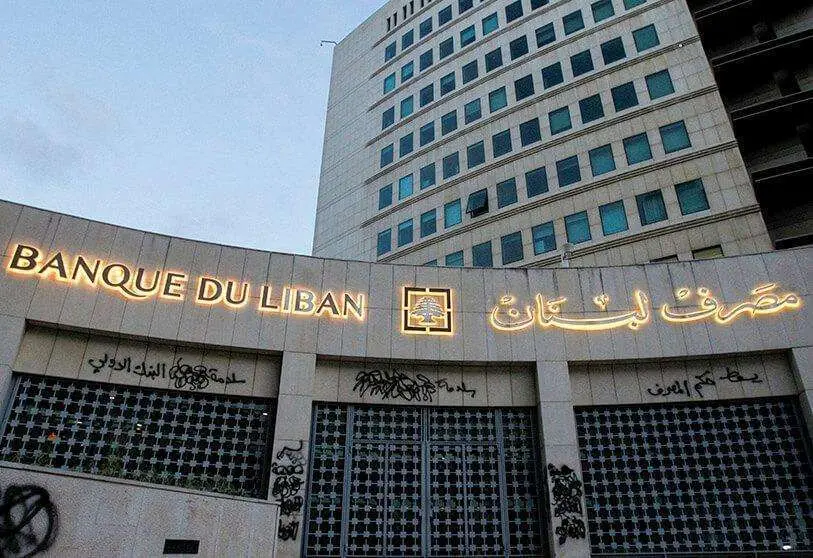Inflation soars in Lebanon amid IMF concerns

While Lebanon's Foreign Affairs Commission holds a meeting under the leadership of Vice-President Fadi Mark and attended by the Minister of Health in search of solutions, hyperinflation in the country is growing for the 26th consecutive month, reaching 162%. The International Monetary Fund called on the Lebanese authorities to carry out critical structural and financial reforms, a prerequisite for obtaining $3 billion in assistance from the lender to help the country emerge from its worst economic crisis.
#Liban ??
— Charli☀️? (@CharliB97783485) August 30, 2022
protestations avec des militaires oklm devant plusieurs banques à Beyrouth alors que le Parlement discute d'une loi sur le contrôle des capitaux visant à normaliser les restrictions bancaires mise en place depuis 3 ans et exigées par le FMI#Lebanon pic.twitter.com/JYLILR6jDb
The IMF said the existence of multiple exchange rates is causing significant distortions to economic activity and creating opportunities for corruption and rent-seeking, which has resulted in excessive pressures on central banks' foreign exchange reserves. As one of the solutions to the problem, the Lebanese central bank will adopt the exchange rate of 15,000 Lebanese pounds to the US dollar, despite the real exchange rate being more than 23,000, replacing the 1500 rate used since 1997, according to the Finance Minister. This measure, to be implemented from 31 October, is expected to be effective and is a major step towards exchange rate unification, he said. Hyperinflation is a very serious problem in Lebanon. During the month of August alone it rose by 7.6%. The longer the measures are delayed, the higher inflation will be, which, according to studies by Fitch Solutions, by the end of the year will be the second highest in the world behind only Sudan. The situation is such that between 2019 and 2021 its economy contracted by 58%, making it the one that has lost the most purchasing power among the 193 countries for which data is available.

The Lebanese economy remains severely depressed, as evidenced by the cost of water, electricity, gas and other fuels, which increased almost fivefold in August compared to last year. The cost of health care increased by about three and a half times, and both the cost of communication and the cost of food and non-alcoholic beverages increased by up to three times their value compared to last year.
Despite the country's dire social and economic situation, the reforms agreed under the SLA in April remain unimplemented and have been heavily criticised by Ernesto Ramirez Rigo, who led an IMF mission to Lebanon from 19-21 September. The stalemate in Lebanese politics is aggravating the problem and creating great uncertainty. Such an agreement must be reached before 31 October, when Michel Aoun's mandate ends after six years in power.
To try to alleviate the situation, the IMF will activate a grant fund of 11 billion dollars to revive and support the Lebanese economy from a donor fund approved at a conference in Paris in 2018. Lebanon's economy collapsed after collapsing by some 31 billion euros in March 2020, with its currency plunging more than 90% against the dollar on the black market.

The IMF also noted that while the reform of the country's banking secrecy law was passed by parliament in July, it had not been brought into line with international best practice.
The IMF's programme for reforming the Lebanese economy consists of restructuring the financial sector to support banks to manage their resources efficiently, implementing fiscal reforms to reduce debt and invest in social spending, reforming the state energy sector to provide quality services, strengthening and combating corruption and terrorist financing by improving transparency, and establishing a credible and transparent monetary exchange rate system.










